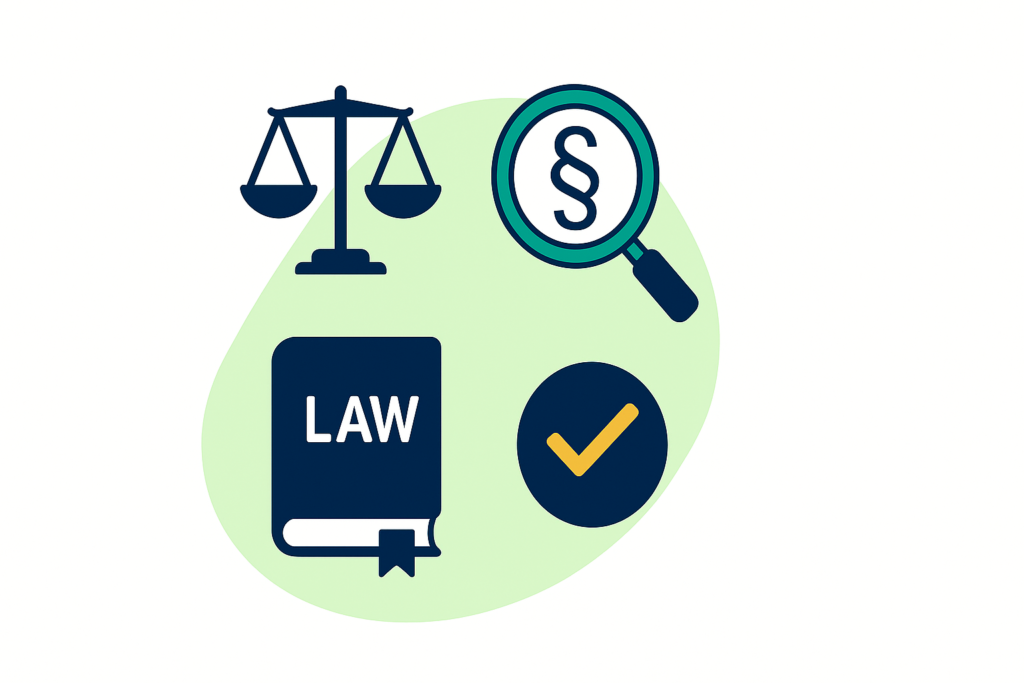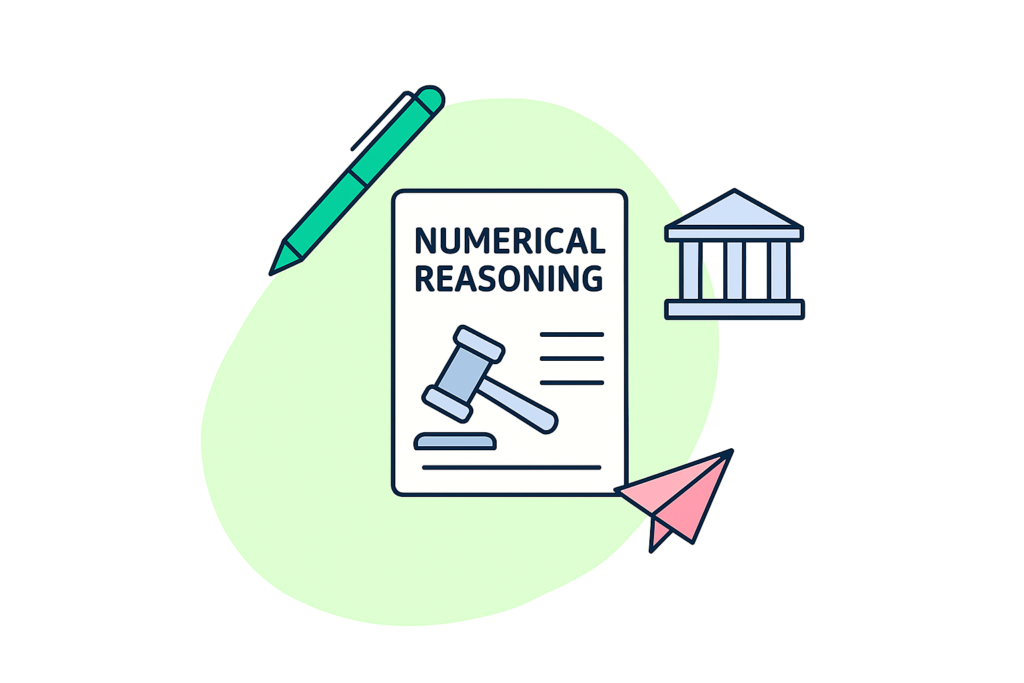Let’s face it, numerical reasoning can feel like facing a dragon. All those numbers, tables, graphs, and time limits? Scary! But what if we told you that with the right strategy, you could not only tame that dragon but ride it like a pro into prelims success?
If you’ve ever felt overwhelmed by math questions or frozen during a timed test, you’re not alone. This guide is your rescue rope. Packed with easy tricks, time-saving hacks, and expert tips, consider this your survival kit for crushing numerical reasoning questions in prelims!
What’s Inside?
- Learn quick & clever solving strategies from experts
- Master lightning-fast calculation shortcuts
- Decode real exam-style questions with step-by-step solutions
- Say goodbye to anxiety with mental prep hacks
- Discover pro tips that turn math panic into math power
Panic Mode: Why Numerical Questions Cause Brain Freeze

Numerical reasoning isn’t about solving complex mathematical problems, it’s about managing pressure. When confronted with a large set of numbers, our brain often reacts with overwhelm, shouting, “TOO MUCH!” This reaction triggers anxiety and makes it harder to focus.
Instead of tackling everything at once, focus on the heart of the question. Block out distractions and narrow your attention to what’s being asked. By zoning in on one aspect at a time, you can methodically solve the problem without letting the numbers intimidate you.
Time Is Ticking: Manage It Like a Pro

One major challenge? You’re working against the clock, 45 to 75 seconds per question. That’s barely a minute to read, interpret, calculate, and choose the right answer.
Quick Time-Saving Tips:
- Skip unnecessary calculations (we’ll show you how)
- Use estimation smartly, close enough is good enough
- Practice pattern recognition to slash solving time
Build That Brain Power
Numerical reasoning isn’t about being born a genius. It’s about training smart. Just like muscles, your math brain gets stronger the more you train it. So let’s lift!
The 4-Step “Destroy Any Question” Method
Here’s our battle-tested method to conquer even the trickiest question:
1. Detect – What is the question really asking?
2. Observe – Spot only the relevant info. Ignore the rest.
3. Focus – Perform the calculation without distractions.
4. Eliminate and Solve – Use estimation or logic to slash away wrong choices.
Yes, it works. Yes, it’s fast. Yes, you can use this in real-time.
When You Don’t Get a Calculator (a.k.a. Panic Mode 2.0)
Calculator-free tests are scary. But with these hacks, you’re ready:
💡 Multiply by 5 Quickly:
Divide the number by 2 → then multiply by 10.
Example: 168 x 5 = (168 ÷ 2 = 84) → 84 x 10 = 840
💡 Use Last Digit Clues:
Shortcut your way to the answer just by focusing on the last digit.
It’s sneaky; and super effective.
💡 Estimate Growth Like a Wizard:
Need to calculate compound growth over years? Use first-order estimation.
Example: What does 5% interest over 10 years look like?
→ Use the formula shortcut: principal x (1.05)^10 ≈ your answer
Smart Tricks to Cut Down Unnecessary Math
- Multiplying then dividing by the same number? Cancel it out.
- Calculating percentage change? Just subtract one:
(180/250)−1=−0.28(180/250) – 1 = -0.28(180/250)−1=−0.28 → That’s a 28% decrease. - Use templates for multi-step questions to save time and confusion.
10 Power Tips to Sharpen Your Skills

| Tip | Action | Benefit |
|---|---|---|
| 📝 Practice daily | Repetition is your best friend | Enhances retention and builds confidence |
| 📅 Make a real plan | Break study time into bite-sized goals | Prevents overwhelm and increases focus |
| ⏱️ Simulate test conditions | Timed mock tests = confidence | Prepares you for exam pressure |
| ⏳ Time yourself | Learn how much a minute feels like | Improves time management during exams |
| 📊 Study smart topics | Focus on ratios, percentages, tables, and graphs | Maximizes understanding of frequently tested concepts |
| 📚 Know your test | Learn the pattern of your specific exam | Allows for better preparation and strategy |
| 🔢 Mix math with daily life | Budget, read stats, play with numbers | Makes learning practical and engaging |
| 💡 Fuel your brain | Rest, water, food, and calm = better thinking | Improves focus, mental clarity, and performance |
| 🔍 Track your mistakes | Learn from them like a boss | Helps avoid repeating errors and boosts confidence |
| 📞 Call Edzorb | For complete prep, personalized practice, and pro tips | Ensures targeted support and effective learning |
Still Feeling the Math Panic?
It’s okay. We’ve been there. But you don’t have to face it alone.
Your success story starts with action. Start practicing, start planning, and if you’re still seeing math monsters in your dreams, just call Edzorb. We’ve got the antidote to your math-o-phobia.
🎯 Ready to crush numerical reasoning?
🚀Join Edzorb Premium Now!

 Podcast
Podcast








 Features
Features






